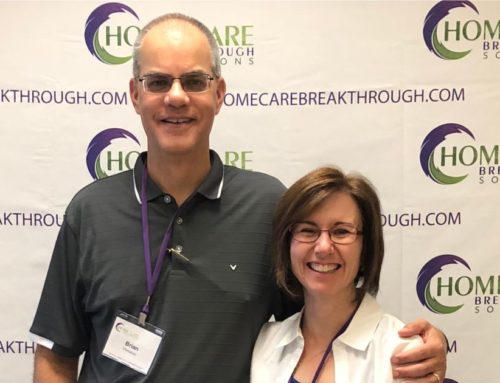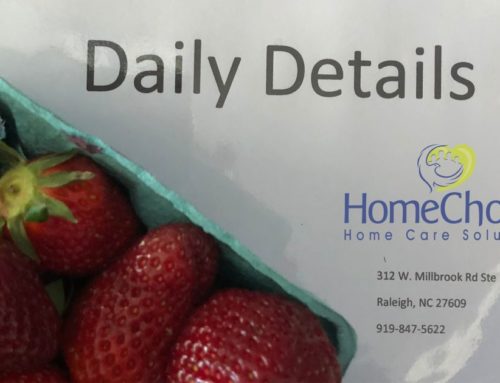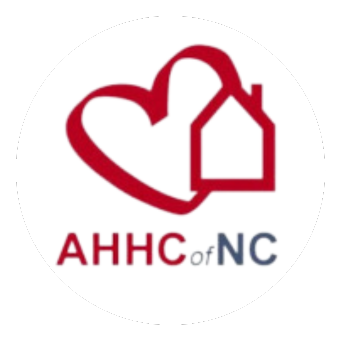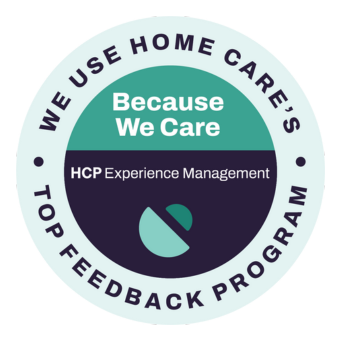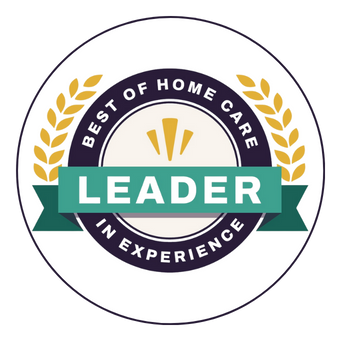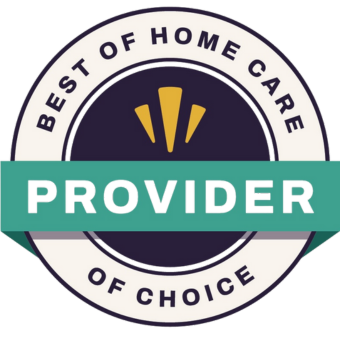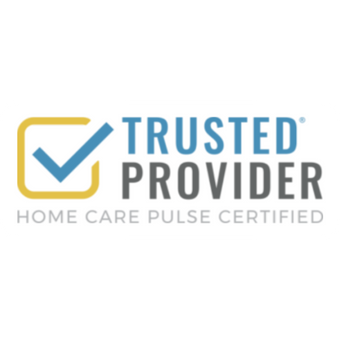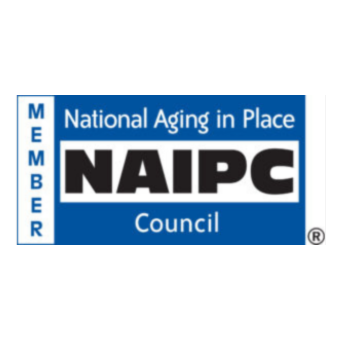Addressing mental health concerns in our senior community is so important. Mental health issues have become prevalent in our senior population and are directly correlated with a decrease in quality of life and overall wellness.
One of the biggest mental health problems in our senior population is depression. Depression is a concern across all ages, but especially in our senior community where the acceptance of depression as we age has become a huge hurdle to living a quality life in our golden years. Depression should not be accepted as a fact of getting older.
As we age we go through many changes in life and transitions often make us susceptible to depression. Depression in older adults can lead to many more symptoms that can start a downhill slide of overall health. Seniors who suffer from depression visit the doctor and emergency room more often, use more medication, incur higher outpatient charges and stay longer in the hospital. Depression also complicates the treatment of other chronic conditions. It’s so important to keep an eye out for symptoms of depression such as:
Symptoms of Depression
- Changes in sleep
- Changes in appetite
- Lack of interest in activities
- Loss of energy
- Changes in movement
- Physical aches and pains
Other common mental health disorders that are a concern are anxiety, bipolar disorder, and obsessive compulsive disorder (OCD). Anxiety presents itself as excessive fear or worry in situations that are not threatening. When a senior experiences an anxiety attack it can present itself in emotional and physical symptoms.
Some symptoms of an anxiety attack to be on the lookout for are: feelings of dread or feeling jumpy, a racing heart, sweating or tremors, and gastrointestinal upset. It’s important to pay attention to everything that is going on with the person because the physical symptoms of an anxiety attack can mimic much more serious physical events. Remember; when in doubt seek medical attention!
Bipolar disorder causes dramatic shifts in a person’s mood from the very highest highs and crushing lows. OCD is recognized by repetitive and excessive thoughts and actions. People with OCD are oftentimes aware that they are acting irrationally, but cannot help themselves.
Common symptoms we see in our seniors when they struggle with mental illness are:
- Depression
- Anxiety
- Isolation and loneliness
- Grief and loss
- Stress related to change
- Struggles with family relationships
What can we do to support our seniors or anyone we know that is having a hard time or struggling with mental illness? The first and most important thing we can do is to be present for them, be patient and understanding. So many times we view our world as so busy and stressed, but we must stop and take a moment to be present with our family and friends. Let them feel loved and heard.
Things to say to someone who is struggling:
- I love you
- I am here for you
- This must be very hard for you
- What can I do to help you? (Try to anticipate a need)
- You are amazing, you are strong, and you can get through this
Things to do for someone who is struggling:
- Help them to connect to resources and care (call to make the appointment, drive them to the appointment, follow up, be engaged with their care)
- Offer to help them with everyday tasks such as laundry, meals, a clean home, errands
- Include them in your plans, even if they always say “no”
- Educate yourself
If someone is an immediate danger to themselves or other or if you need help handling the situation do not hesitate to contact an emergency professional.
Emergency Resources:
- 911
- National Suicide Prevention Line 1-800-273-8255
- Text NAMI (National Alliance on Mental Illness) 741-741 will connect you with a trained crisis counselor 24/7 via text
Non-emergency Resources:
- SAMHSA (Substance Abuse and Mental Health Services Administration) Treatment Referral Helpline 1-877-726-4727
- Local to the Raleigh area- Silver Linings for Seniors (an experienced geriatric counseling organization) 919-757-6498
Resources for article:
Rachel Evans, Silver Linings for Seniors



